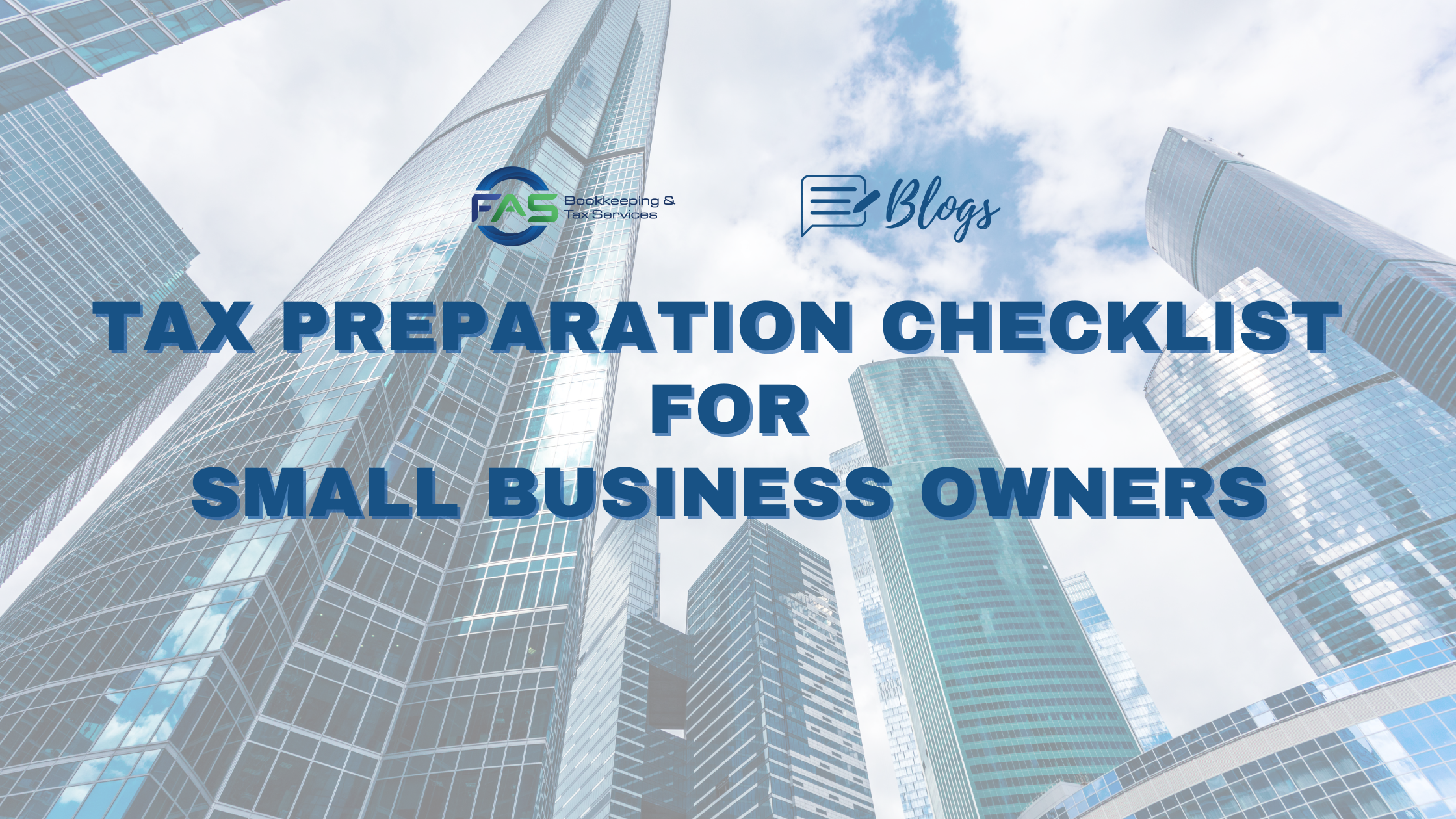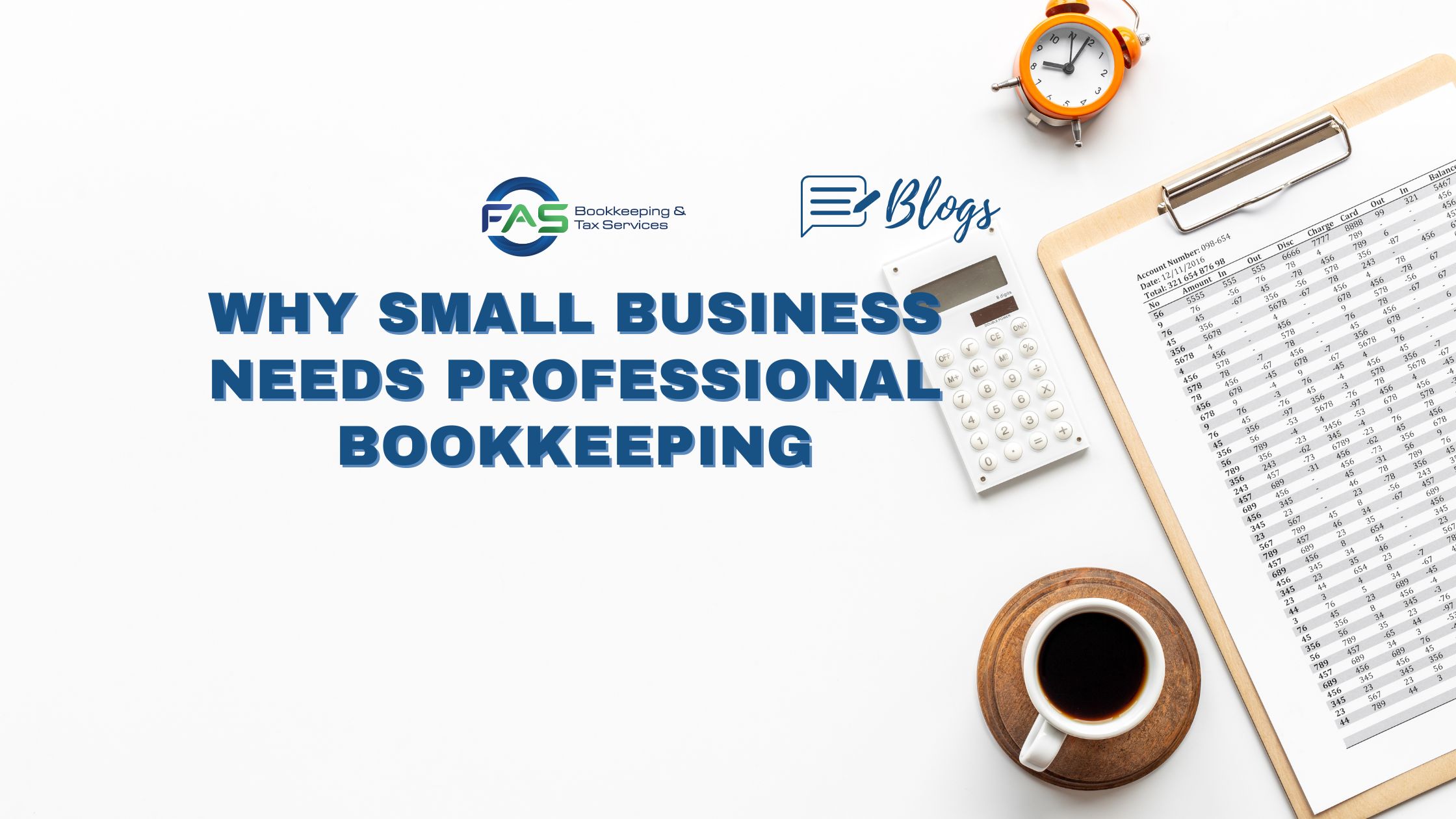If you employ someone to work for you around your house, it is important to consider the tax implications of this type of arrangement. While many people disregard the need to pay taxes on household employees, they do so at the risk of paying stiff tax penalties down the road.
Household Employee Defined
If a worker is your employee, it does not matter whether the work is full-time or part-time or that you hired the worker through an agency or from a list provided by an agency or association. It also does not matter whether you pay the worker on an hourly, daily or weekly basis or by the job.
If the worker controls how the work is done, the worker is not your employee but is self-employed. A self-employed worker usually provides his or her own tools and offers services to the general public in an independent business.
Also, if an agency provides the worker and controls what work is done and how it is done, the worker is not your employee.
- You pay Kate an hourly wage to babysit your child and do light housework four days a week in your home. Kate follows your specific instructions about household and childcare duties. You provide the household equipment and supplies that she needs to do her work. Kate is your household employee.
- You pay Nick to care for your lawn. Nick also offers lawn care services to other homeowners in your neighborhood and provides his own tools and supplies, He hires and pays any helpers he needs. Neither Nick nor his helpers are your household employees.
USCIS Form I-9: Employment Eligibility Verification
When you hire a household employee to work for you on a regular basis, they must complete USCIS Form I-9, Employment Eligibility Verification. It is your responsibility to verify that the employee is either a U.S. citizen or an alien who can legally work. Once this is determined, you then complete the employer part of the form.
Note: It is unlawful for you to knowingly hire or continue to employ a person who cannot legally work in the United States. Keep the completed form for your records. Do not return the form to the U.S. Citizenship and Immigration Services (USCIS).
Employment Taxes
If you have a household employee, you may need to withhold and pay Social Security and Medicare taxes, or you may need to pay federal unemployment tax or both. If you pay cash wages of $2,200 or more in 2020 to any one household employee, then you will need to withhold and pay Social Security and Medicare taxes. Also, if you pay total cash wages of $1,000 or more in any calendar quarter of 2019 or 2020 to household employees, you are also required to pay federal unemployment tax.
If neither of these two contingencies applies, you do not need to pay any federal unemployment taxes; however, you may still need to pay state unemployment taxes. Please contact the office if you’re not sure whether you need to pay state unemployment tax for your household employee. A tax professional will help you figure out whether you need to pay or collect other state employment taxes or carry workers’ compensation insurance.
Social Security and Medicare Taxes
Social Security taxes pays for old-age, survivor, and disability benefits for workers and their families. The Medicare tax pays for hospital insurance. Both you and your household employee may owe Social Security and Medicare taxes. Your share is 7.65 percent (6.2 percent for Social Security tax and 1.45 percent for Medicare tax) of the employee’s Social Security and Medicare wages. Your employee’s share is 6.2 percent for Social Security tax and 1.45 percent for Medicare tax.
You are responsible for payment of your employee’s share of the taxes as well as your own. You can either withhold your employee’s share from the employee’s wages or pay it from your own funds.
Do not count wages you pay to any of the following individuals as Social Security and Medicare wages:
- Your spouse.
- Your child who is under age 21.
- Your parent. (Exception. You should count wages to your parent if they are caring for your child and your child lives with you and is either under age 18 or has a physical or mental condition that requires the personal care of an adult and you are divorced and have not remarried, or you are a widow or widower, or you are married to and living with a person whose physical or mental condition prevents him or her from caring for your child.)
- An employee who is under age 18 at any time during the year. (Note: However, you should count these wages to an employee under 18 if providing household services is the employee’s principal occupation. If the employee is a student, providing household services is not considered to be his or her principal occupation.)
Maximum Taxable Earnings.
If your employee’s Social Security and Medicare wages reach $137,700 in 2020, then do not count any wages you pay that employee during the rest of the year as Social Security wages to figure Social Security tax. You should, however, continue to count the employee’s cash wages as Medicare wages to figure Medicare tax. Meals provided at your home for your convenience and lodging provided at your home for your convenience and as a condition of employment are not counted as wages
Help is Just a Phone Call Away
As you can see, tax rules for hiring household employees are complex; therefore, professional tax guidance is highly recommended. This is definitely an area where it’s better to be safe than sorry. If you have any questions at all, please contact us so our Enrolled Agent can help you!




